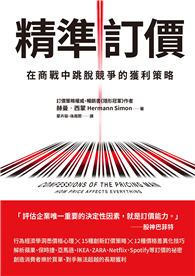Brownian diffusion is the motion of one or more solute molecules in a sea of very many, much smaller solvent molecules. Its importance today owes mainly to cellular chemistry, since Brownian diffusion is one of the ways in which key reactant molecules move about inside a living cell. This book focuses on the four simplest models of Brownian diffusion: the classical Fickian model, the Einstein model, the discrete-stochastic (cell-jumping) model, and the Langevin model. The authors carefully develop the theories underlying these models, assess their relative advantages, and clarify their conditions of applicability. Special attention is given to the stochastic simulation of diffusion, and to showing how simulation can complement theory and experiment. Two self-contained tutorial chapters, one on the mathematics of random variables and the other on the mathematics of continuous Markov processes (stochastic differential equations), make the book accessible to researchers from a broad spectrum of technical backgrounds.
A revised/corrected Section 5.6, along with other current errata, can be obtained as a PDF document by emailing a request to gillespiedt@mailaps.org or eseitar@emory.edu
| FindBook |
|
有 1 項符合
Seitaridou的圖書 |
 |
$ 7500 | Simple Brownian Diffusion: An Introduction to the Standard Theoretical Models
作者:Gillespie,Daniel T./Seitaridou,Effrosyni 出版社:Oxford Univ Pr 出版日期:2012-12-12 語言:英文 規格:精裝 / 273頁 / 17.8 x 25.4 x 1.3 cm / 普通級  看圖書介紹 看圖書介紹
|
|
|
圖書介紹 - 資料來源:博客來 評分:
圖書名稱:Simple Brownian Diffusion: An Introduction to the Standard Theoretical Models
|











